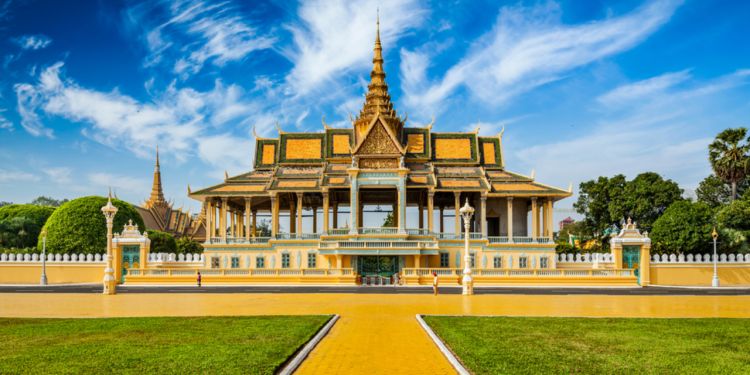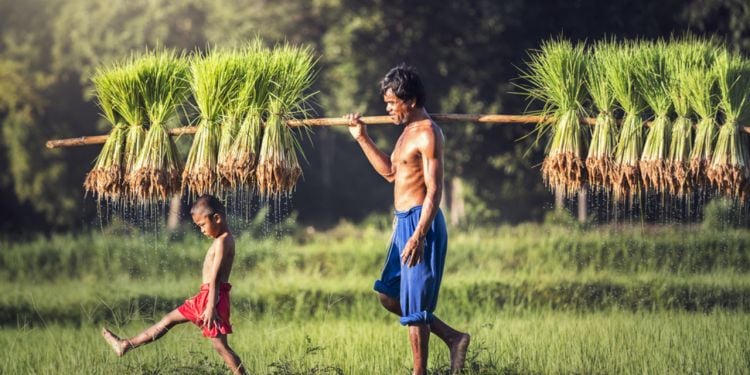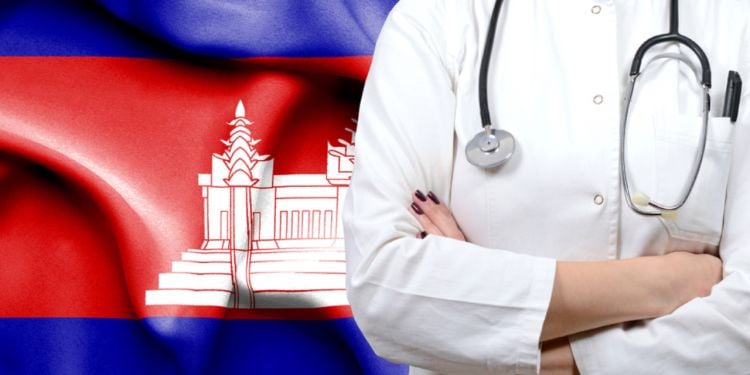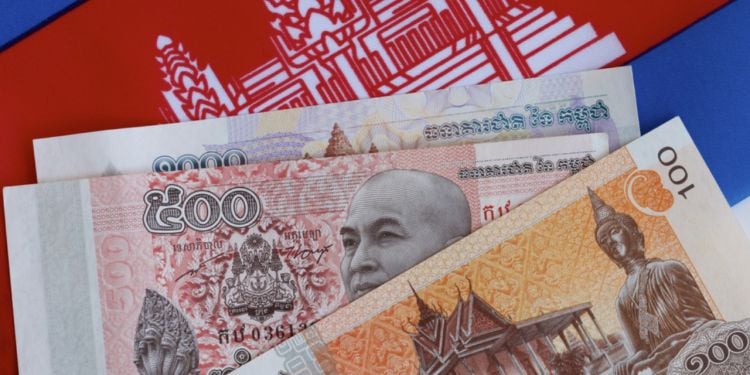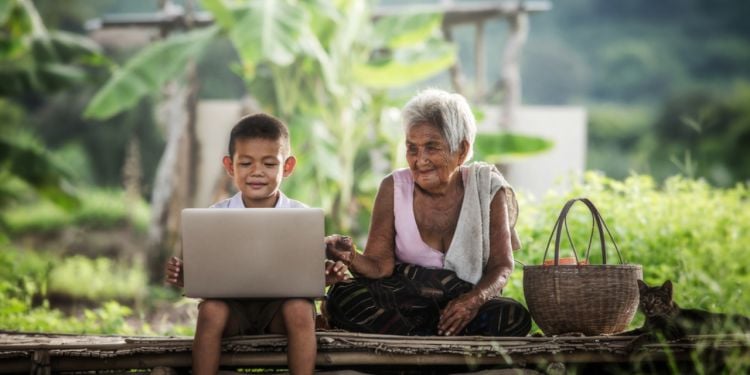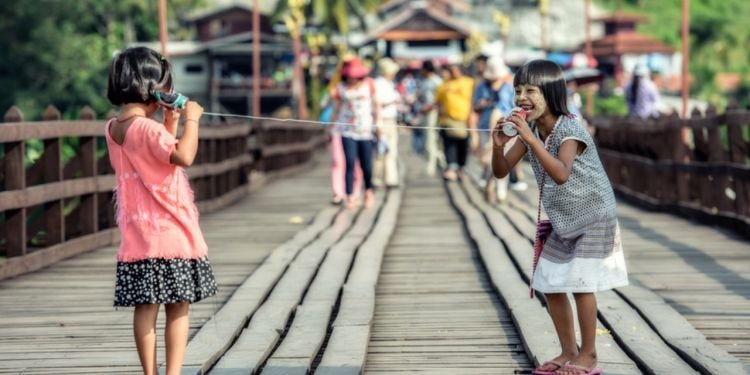Living in Cambodia: the ultimate expat guide
Everything you need to know for a successful life in Cambodia.
Thanks to its huge historical heritage, Cambodia has been fascinating expatriates worldwide. Located in the heart of Indochina, the Khmer kingdom is an ideal destination for foreigners looking for new career prospects, a pleasant living environment for retirement, zero taxation, as well as simple entry formalities. Moving to Cambodia will allow you to discover old and modern history and enjoy a vibrant nightlife.
Moving to Cambodia can be a very enriching experience. In fact, over the years, Cambodia has been attracting many expatriates, namely for its safe and pleasant environment along with beautiful landscapes, quality accommodation in terms of prices, the ease of obtaining a visa, the absence of taxes and other duties, as well as its proximity with Bangkok, Hong Kong and Singapore.
But before you actually relocate there, you are advised to make several short trips there so as to get acquainted with its environment, its people's lifestyle, etc. You can as well inquire about these on the Internet, especially on expatriate forums if you wish to settle there on a long term.
Geography and demography
Located on the Indochinese Peninsula, Cambodia is bordered by Thailand, Laos in the North and Vietnam in the South and East. Stretching over 181,040 km², it can be compared to the State of Missouri, in the United States of America. The country's landscape consists of large alluvial plains, mountains, not to mention the famous Mekong River which is found to the east, and the Tonle Sap lake which is its natural storage basin. During the rain season the river Tonle Sap flows upstream, filling the huge Tonle Sap lake. Around November the river flow turns around and becomes downstream.
Phnom Penh, which is its capital city, hosts around 1.55 million inhabitants. Most of the Cambodians speak Khmer, but you also have some Vietnamese, Cham and even Chinese and Thai speaking communities. The national currency is the 'riel', but many important transactions take place in US dollars.
Good to know:
Cambodia is a Kingdom which is governed by a constitutional monarchy. Its inhabitants live in a multi liberal democracy.
Economy
You will probably be moving to Cambodia in the context of a job transfer or in a job quest. Note that the unemployment rate in the country turns around 3% and 3.5% among the active population, which is relatively low compared to many European countries. In fact, Cambodians are quite qualified and skilled in many fields.
Cambodia's economy is mainly based on agriculture, including rice, maize, tobacco, meat, sugar, coffee, flour, dairy products, etc, as well as fishing, forestry and mining. Moreover, the country is rich in natural resources such as timber, gemstones, iron ore, bauxite, gas, rubber, and even oil. Over the years, the country became famous in terms of raw materials and textiles, shoe manufacturing, cement, cigarettes, etc.
Following more than two decades of strong economic growth, Cambodia has attained the lower middle-income status as of 2015, with gross national income (GNI) per capita reaching $1,070. Driven by garment exports and tourism, Cambodia has sustained an average growth rate of 7.6% in 1994-2015, ranking sixth in the world. Economic growth reached 6.8 percent in 2017, according to preliminary estimates by authorities, and is expected to remain strong over the next two years (6.9% in 2018 and 6.7% in 2019), as recovering tourism activity coupled with fiscal expansion compensate for some easing in garment exports and construction growth.
Climate
The climate can generally be described as tropical. As the country is affected by monsoon, it is hot and humid with an overage temperature around 27.C (80.F). There are two distinct seasons: the Rainy Season and the Dry Season. However, the Dry Season is divided into two sub-seasons, cool and hot. These seasons are:
The Rainy season:
From June till October 27-35.C (80-95.f)
The Dry season (cool):
From November till February 17-27.C (80-95.F)
The Dry season (Hot) :
From March till May 29-38.C (84-100.F)
Religion
The Cambodian population consists of Buddhists (Theravada), which are deemed to be the majority, as well as Muslims and Christians.
Useful links:
Expat.com ' Cambodia Forum
Cambodian Information Center www.cambodia.org
World Bank ' Presentation of Cambodia (English) www.worldbank.org
Formalities
Find out more on visas, passports and entry requirements to travel to Cambodia.
Visas
All you need to know on work visas, work permits, working holiday visas and residence permits to live and work in Cambodia.
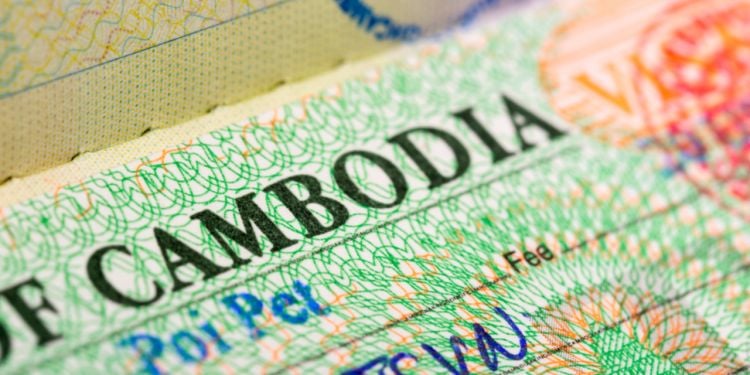
Visas for Cambodia
As you're no doubt aware, it is becoming increasingly difficult to obtain the relevant visas for many countries around the world — whether ...
Work
Dive into the Cambodia labour market, legal framework and tips on how to find a job in Cambodia.
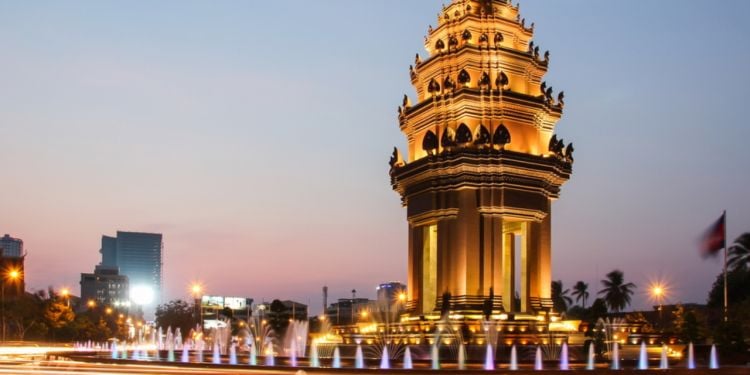
Work in Cambodia
Opportunities are aplenty for foreigners who fall in love with Cambodia after visiting this magical ...
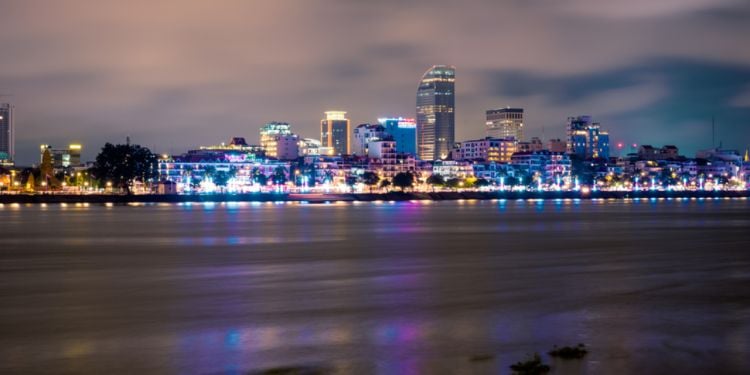
Setting up a business in Cambodia
Setting up a business is a popular venture in Cambodia, and the plethora of ...

Jobs in Cambodia
Discover professional opportunities in Cambodia and boost your career.
Accommodation
Explore real estate or temporary rentals in Cambodia. Find out more about renting or buying a house or a flat, real estate agents, leases and rental agreements.
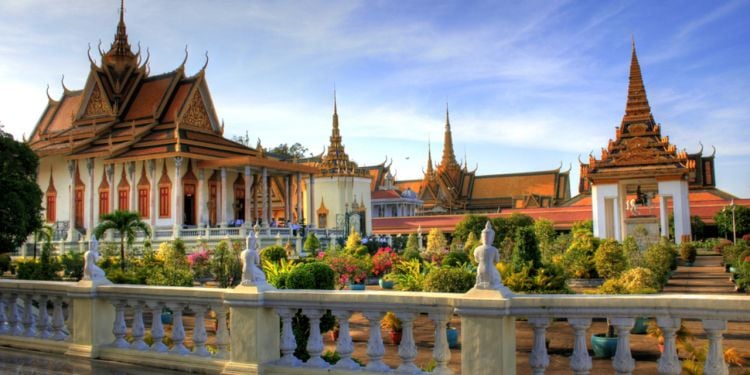
Accommodation in Cambodia
Finding accommodation in Cambodia can be quite challenging. But the recent rise of rental ...
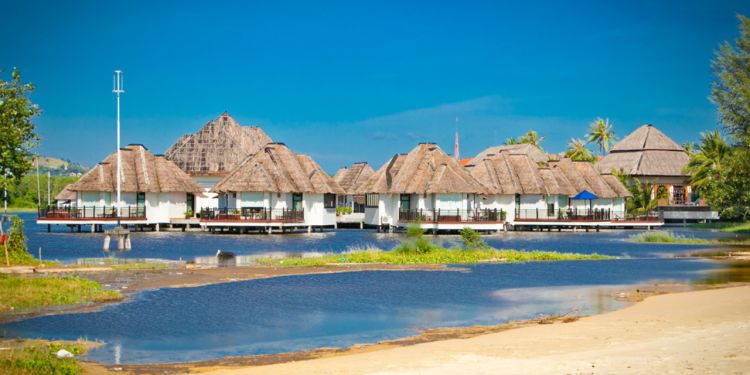
Buying a property in Cambodia
If you're looking to buy a property in Cambodia — either for your personal use or as ...

Find your ideal home in Cambodia
Explore real estate listings in Cambodia to buy or rent your next home.
Study
Universities, training courses, student visas, registration procedures: all you need to know about being an international student in Cambodia.
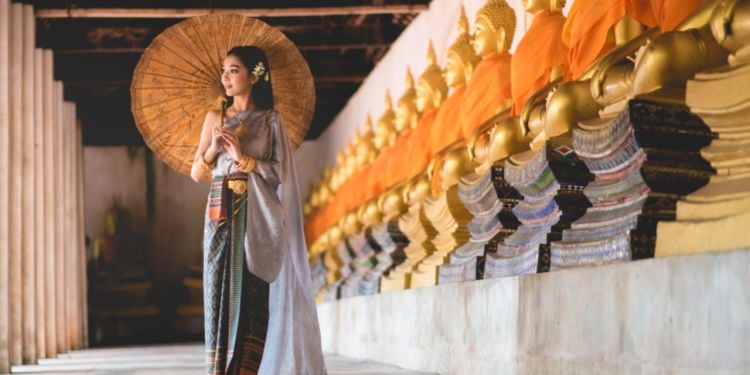
Study in Cambodia
If you wish to study in Cambodia in order to develop your skills while having something interesting to put on your resume, then you'll be ...
Health care
Understanding the healthcare system in Cambodia: public and private health system, health insurance...
Bank
Navigate the banking system in Cambodia: how to choose a bank and open a bank account.
Tax
All you need to know about income tax, the tax system and filing your taxes as an expat in Cambodia.
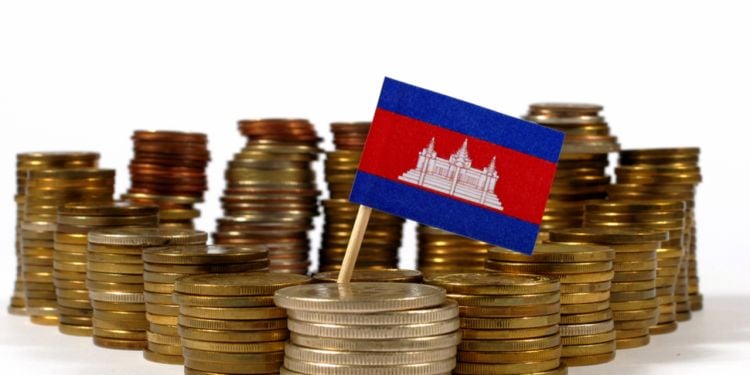
Tax in Cambodia
Cambodia's tax system is a self-declaration regime that categorises individuals as small, medium or large taxpayers. Unfortunately, tax ...
Transport
From public transports to renting or buying a car, explore the best options to getting around in Cambodia.
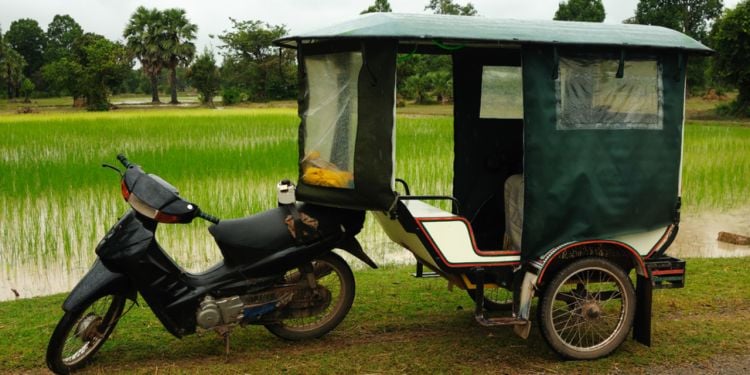
Transports in Cambodia
In spite of a relatively undeveloped public transport system, Cambodia is one of the easiest countries to get around. Thanks to a plethora of ...
Driving
Essential information on driving requirements in Cambodia, driver's license exchange and international permits.
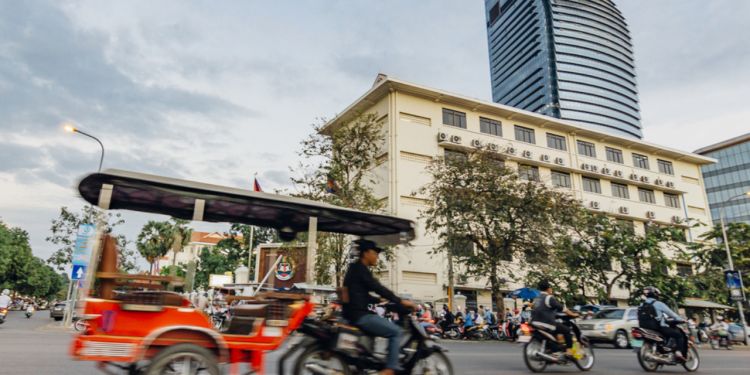
Driving in Cambodia
Driving in Cambodia is an adventure in itself, and it's important to conduct yourself with the utmost care when on the roads, as they can be ...
Removal
Moving to Cambodia? Find useful information and tips to organize your move.
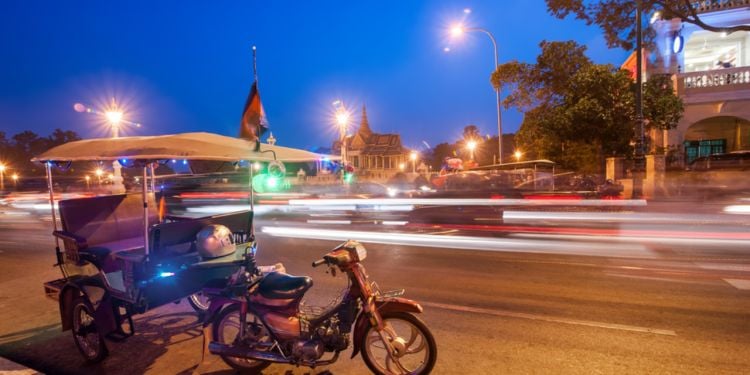
Moving to Cambodia
If you're moving to Cambodia as part of an expat package, whereby the company will pay for your ...
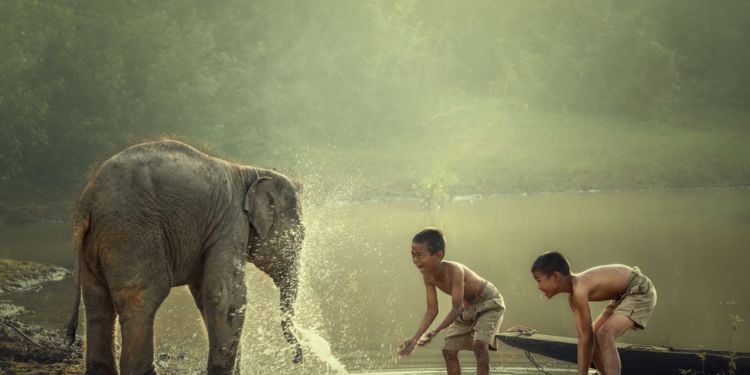
Traveling to Cambodia with your pet
If you have a furchild that you like to take everywhere with you, you'll be pleased to know ...

Free quotes for your move
Get the best offers to easily organize your relocation to Cambodia.
Communications
Internet and phone providers, plans, and everything you need to stay connected in Cambodia.
Leisure
Sports, leisure, culture and other activities expats can enjoy in their spare time in Cambodia.
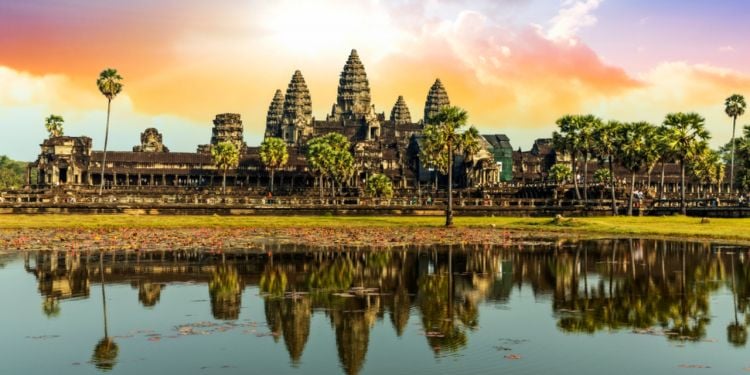
Leisure and lifestyle in Cambodia
The expat scene in Cambodia is thriving with interesting people of all ages from all corners of the globe. Read this article to find out what you ...
Everyday life
Eager to discover what life in Cambodia looks like? Here's a taste.
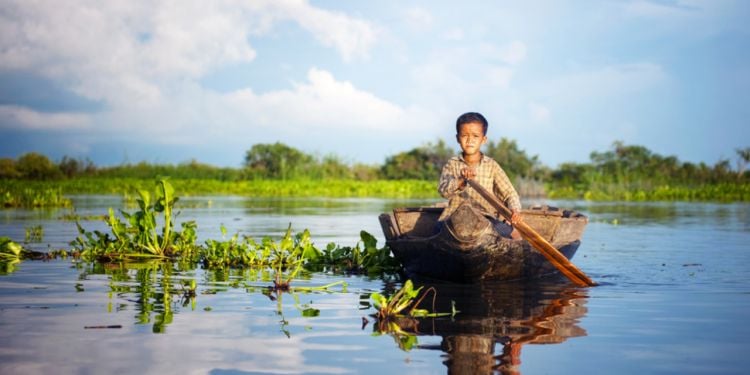
Lifestyle in Cambodia
If you are about to settle in the Kingdom of Cambodia, you are probably wondering about its inhabitants' lifestyles. Here is an overview.
Articles from the magazine
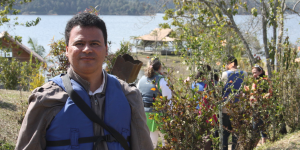
From Colombia to Cambodia: The dream life of a missionary in Kep
Albeiro comes from Colombia. A digital communications specialist, he moved to Cambodia 16 years ago after joining a missionary group. Nowadays, he is a teacher in Kep Province, and enjoys archeology.
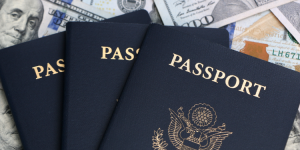
Countries that offer residence by investment
Many popular expat destinations have recently ended or restricted their Golden Visa programs, which were often criticized. However, several countries still use these programs to attract affluent foreigners. In 2025, what are the available investment programs? Can one immigrate with their family through these programs?

UK tax reform: How it affects expats
The British tax reform took effect on April 6, 2025. Notable changes include the elimination of the "non-domiciled" status and an overhaul of the inheritance tax system.

How does remote work impact professional integration?
Lately, many large companies have considered ending or significantly cutting back on remote work. This has met with pushback from employees who have adapted their lives to work from home. How can businesses balance the needs of expatriates, facilitate their professional integration, and still accommodate remote work? How does remote working impact foreign employees' connection to their company?

US travel restrictions: Essential tips for foreign residents
Should temporary and permanent residents be concerned? US Vice President J.D. Vance's recent remark that the privilege of staying in the United States isn't "unlimited" for green card holders has sparked widespread concern. With immigration laws becoming stricter following President Trump's re-election, even immigration experts are treading carefully. These stricter regulations impact both documented and undocumented immigrants.

Bahrain unveils new residency program for wealthy expats
To stimulate its economy, Bahrain is strategically targeting affluent expatriates. The 2025-2026 budget introduces a novel program specifically designed for investors and skilled foreign workers.

Essential rights to know before renting property abroad
Renting accommodation is an essential step when settling abroad. However, understanding local practices is crucial to avoid pitfalls when renting in a foreign country. Whether you are already in the host country or not, what should you consider before signing a rental agreement? What are the differences between short-term and long-term rentals?

HolaBank: Ten new branches in northern Spain
HolaBank now has 10 branches in northern Spain, buoyed by a boom in tourism and residential property sales to foreigners.

